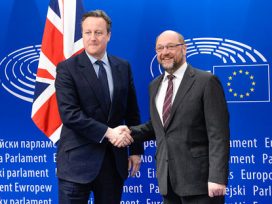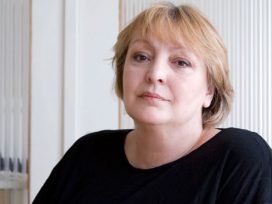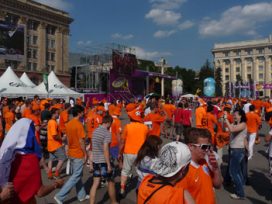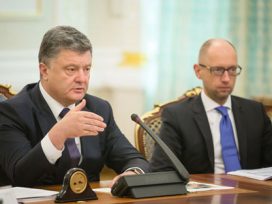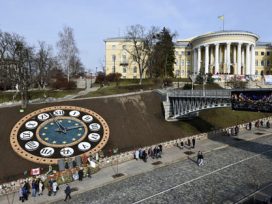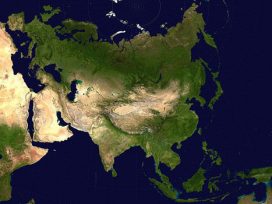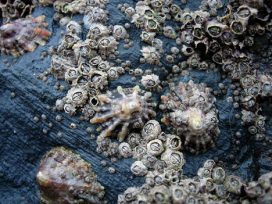On 6 April 2016 in the Netherlands, a referendum will be held on the Ukraine-European Union Association Agreement – the first since the enactment of the Dutch Advisory Referendum Act from 1 July 2015. More than 427,000 requests were received, significantly more than the 300,000 required. To be valid, a turnout of at least 30 per cent of eligible voters is required, of which a simple majority defines the result. The referendum’s outcome is not binding for the government, but if negative, will have a strong symbolic impact on the rest of the European Union, and further alienate Ukraine from Europe. Zaven Babloyan, a publisher and translator from Kharkiv (Ukraine), reflects on political misunderstandings, a lack of solidarity and literature as the last hope.



